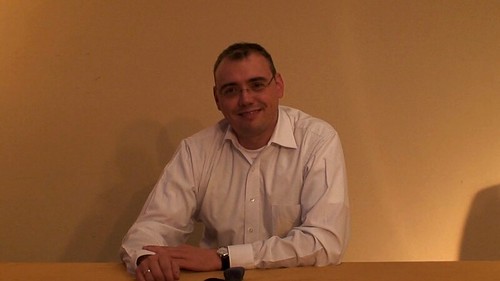ERP software maker SAP is, according to Wikipedia, the world’s 4th largest software co. in the world (presumably after Google, Microsoft and Oracle).
It is a big deal then when a company of SAP’s size announces the creation of the position of Chief Sustainability Officer, as SAP did earlier this month.
In the same announcement SAP also announced targets to reduce carbon emissions by 51% and to help their customers reduce their emissions.
Having talked to SAP previously, I know this is not a sudden conversion on their part but I was interested to talk to their new Sustainability chief, Peter Graf to ask him about the announcements.
We recorded three videos on the three parts of the announcement – this is the first one where Peter discusses the new role.
Related articles by Zemanta
- SAP hones sustainability push (news.cnet.com)







